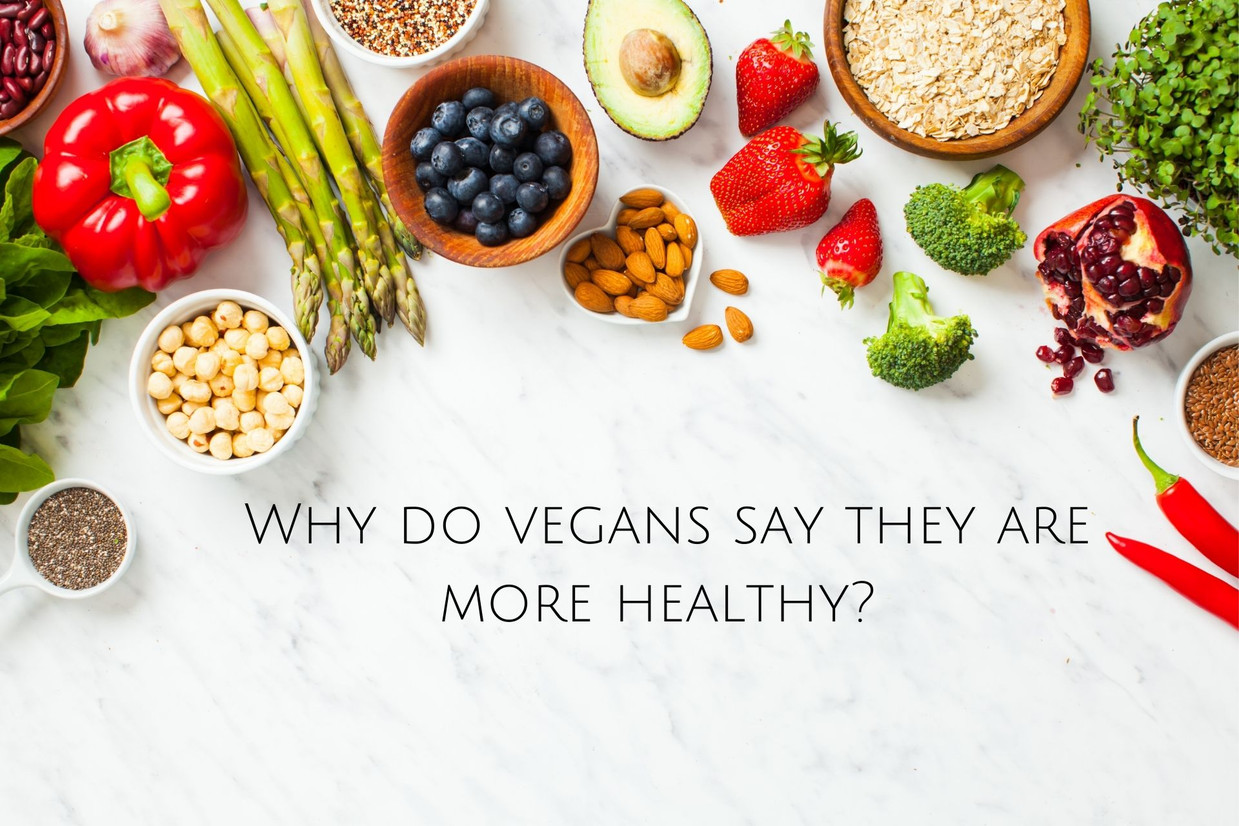Why do vegans say they are more healthy?
Vegans are individuals who practice veganism, a lifestyle and dietary choice that seeks to avoid the use of animal products and by-products. This means that vegans abstain from consuming not only meat but also other animal-derived products such as dairy, eggs, and honey. In addition to their dietary choices, many vegans extend their principles to other aspects of their lives, avoiding the use of products made from animals, such as leather and certain cosmetics tested on animals.
The reasons people choose to adopt a vegan lifestyle vary and can include ethical concerns about animal welfare, environmental sustainability, and health considerations. Some vegans are motivated by a combination of these factors. The vegan movement has gained popularity in recent years, and there is a growing awareness of the impact of dietary and lifestyle choices on animals, the environment, and personal health.
Vegans often assert that their lifestyle is healthier for several reasons, though it's important to note that individual health outcomes can vary based on numerous factors, and a well-balanced diet is crucial regardless of dietary preferences. Here are some reasons why some vegans believe their lifestyle contributes to better health:
It's essential to note that being vegan doesn't automatically equate to a healthy diet. A well-balanced vegan diet requires careful planning to ensure adequate intake of essential nutrients like vitamin B12, iron, zinc, calcium, omega-3 fatty acids, and protein.
Vegan Diet :
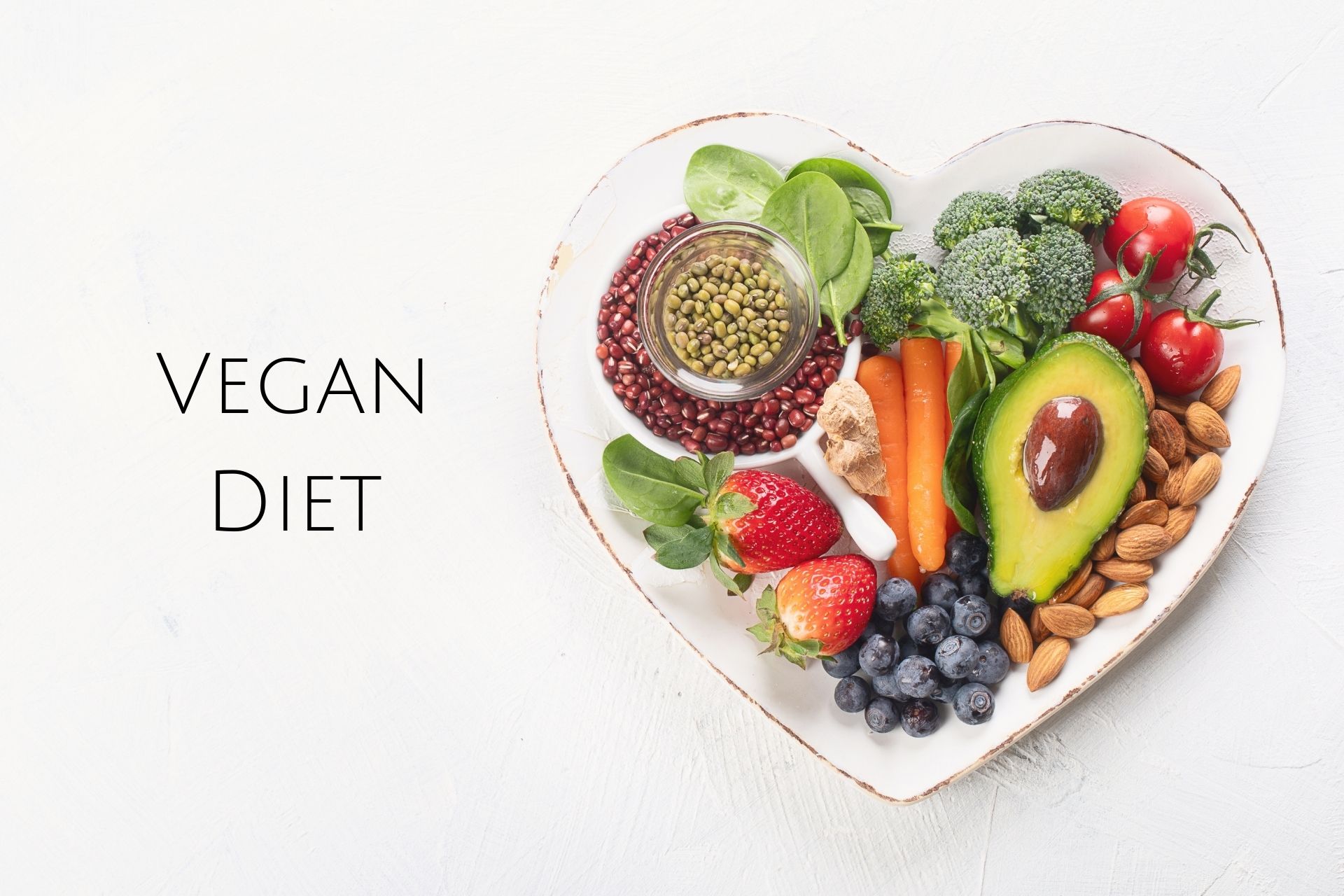
Fruits and Vegetables:
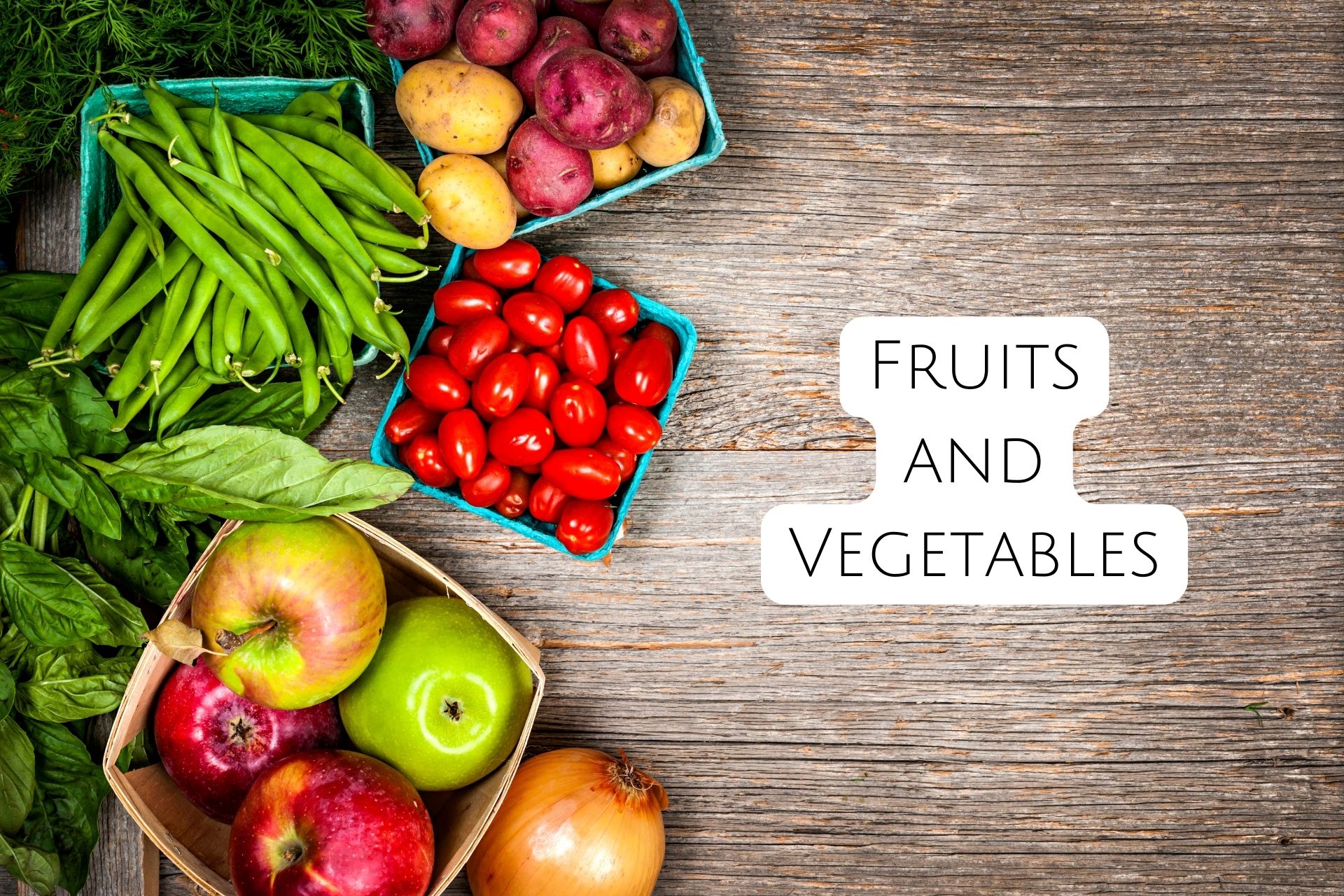
Include a variety of colorful fruits and vegetables in your diet to ensure a range of essential vitamins, minerals, and antioxidants.
Whole Grains:
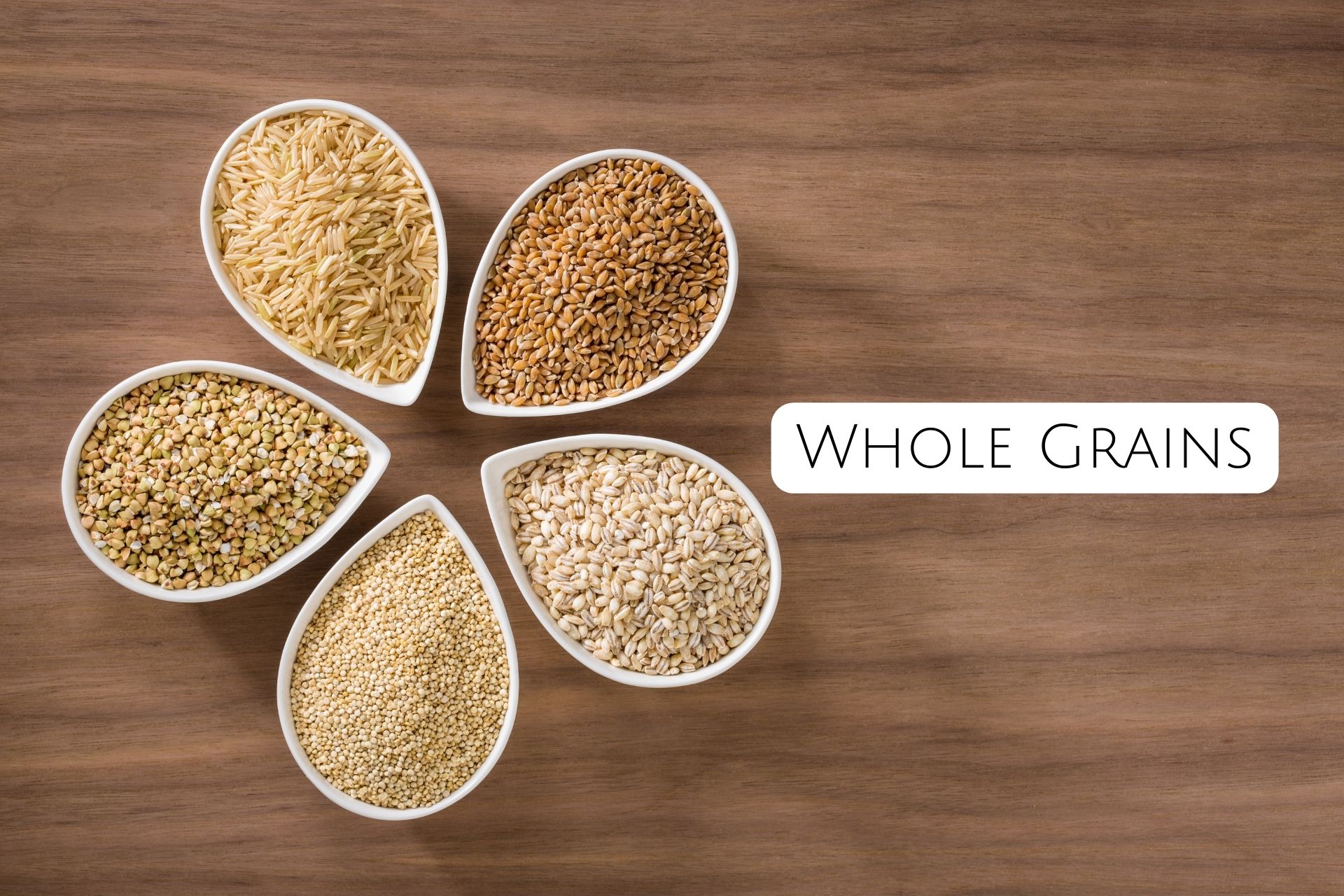
Choose whole grains such as brown rice, quinoa, oats, barley, and whole wheat for fiber, complex carbohydrates, and essential nutrients.
Legumes:
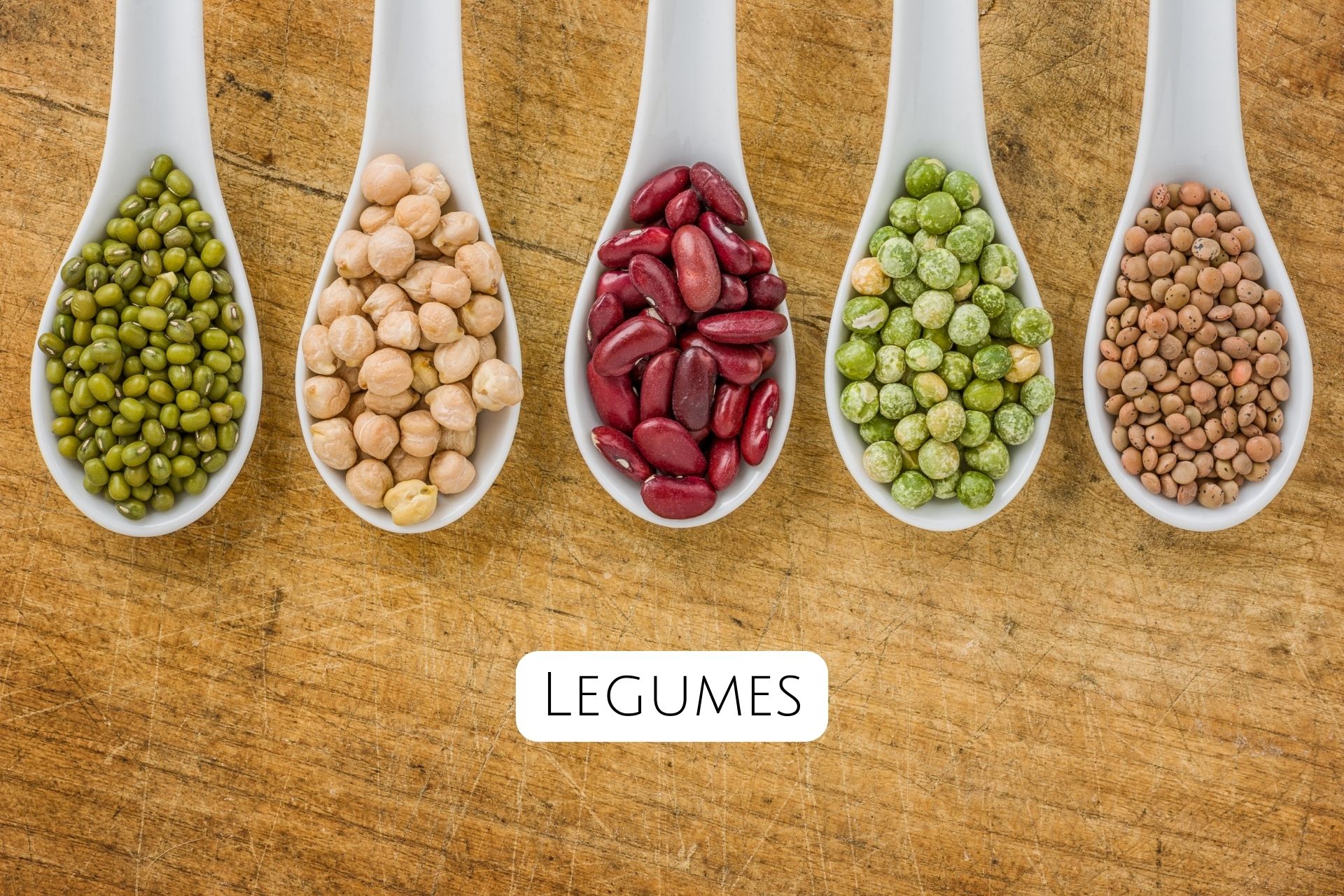
Incorporate legumes like beans, lentils, and chickpeas for protein, fiber, and a host of other nutrients.
Nuts and Seeds:
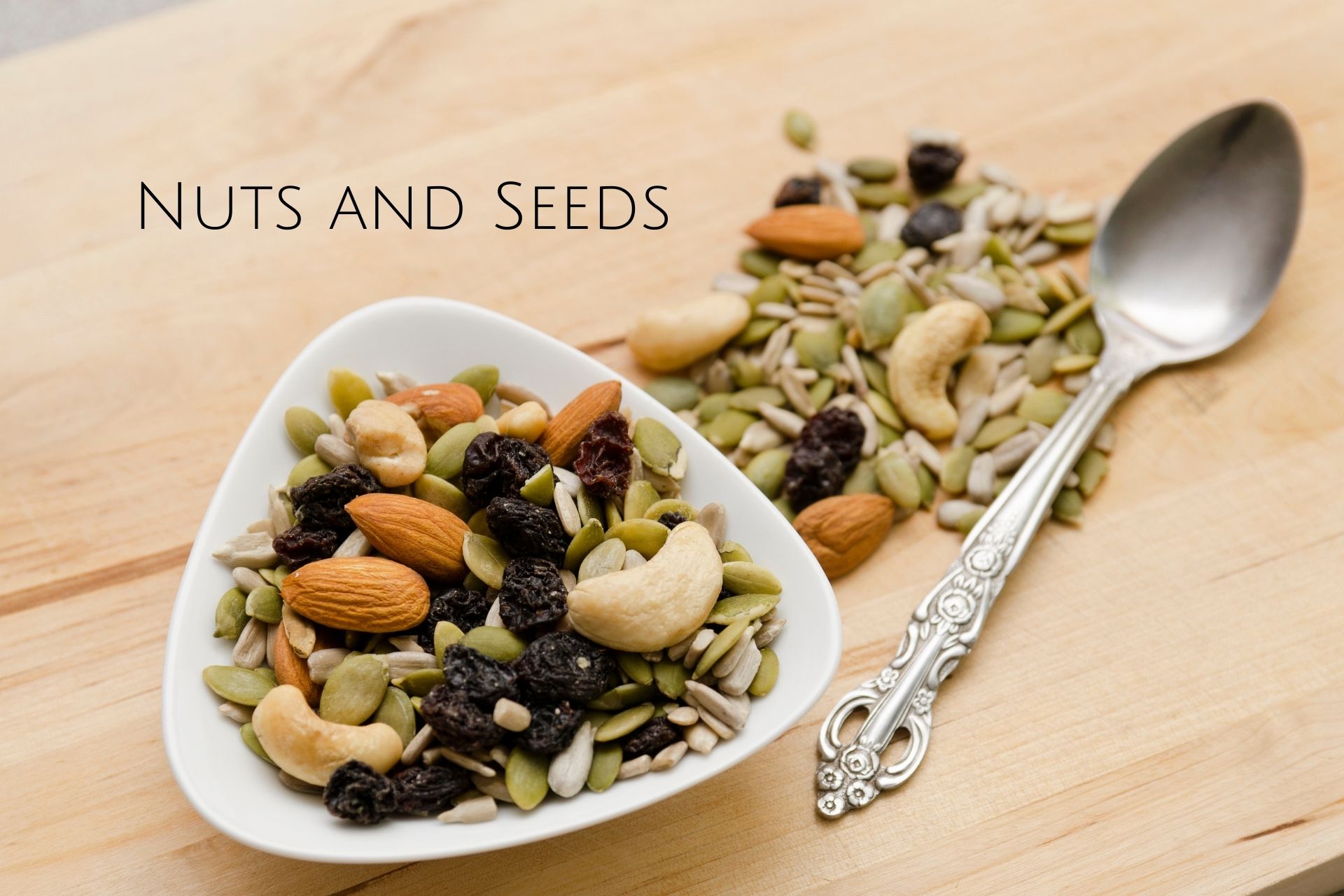
Include a variety of nuts and seeds, such as almonds, walnuts, chia seeds, and flaxseeds, for healthy fats, protein, and micronutrients.
Plant-Based Protein Sources:
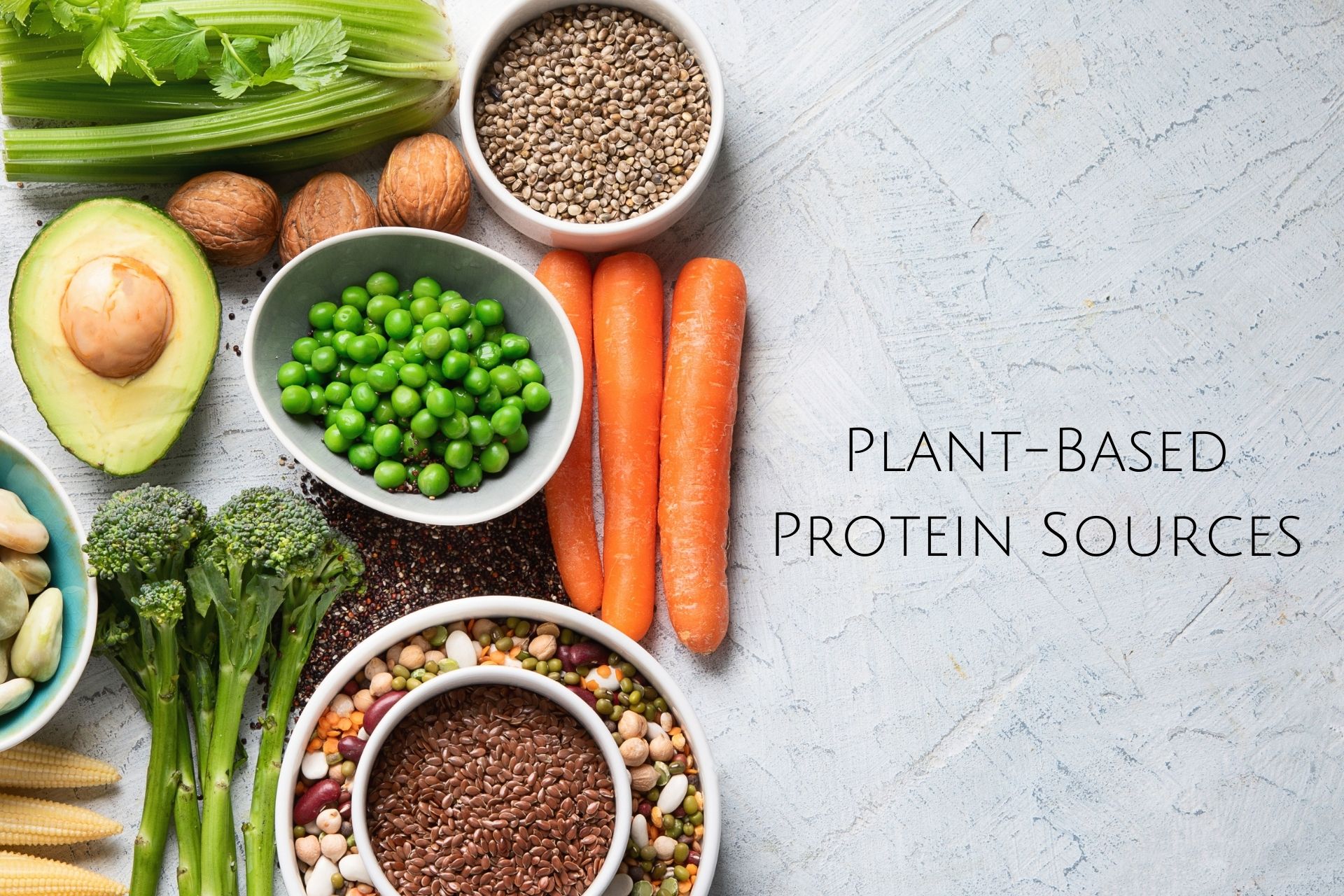
Consume protein-rich plant foods like tofu, tempeh, edamame, and seitan. These can be versatile and provide essential amino acids.
Healthy Fats:
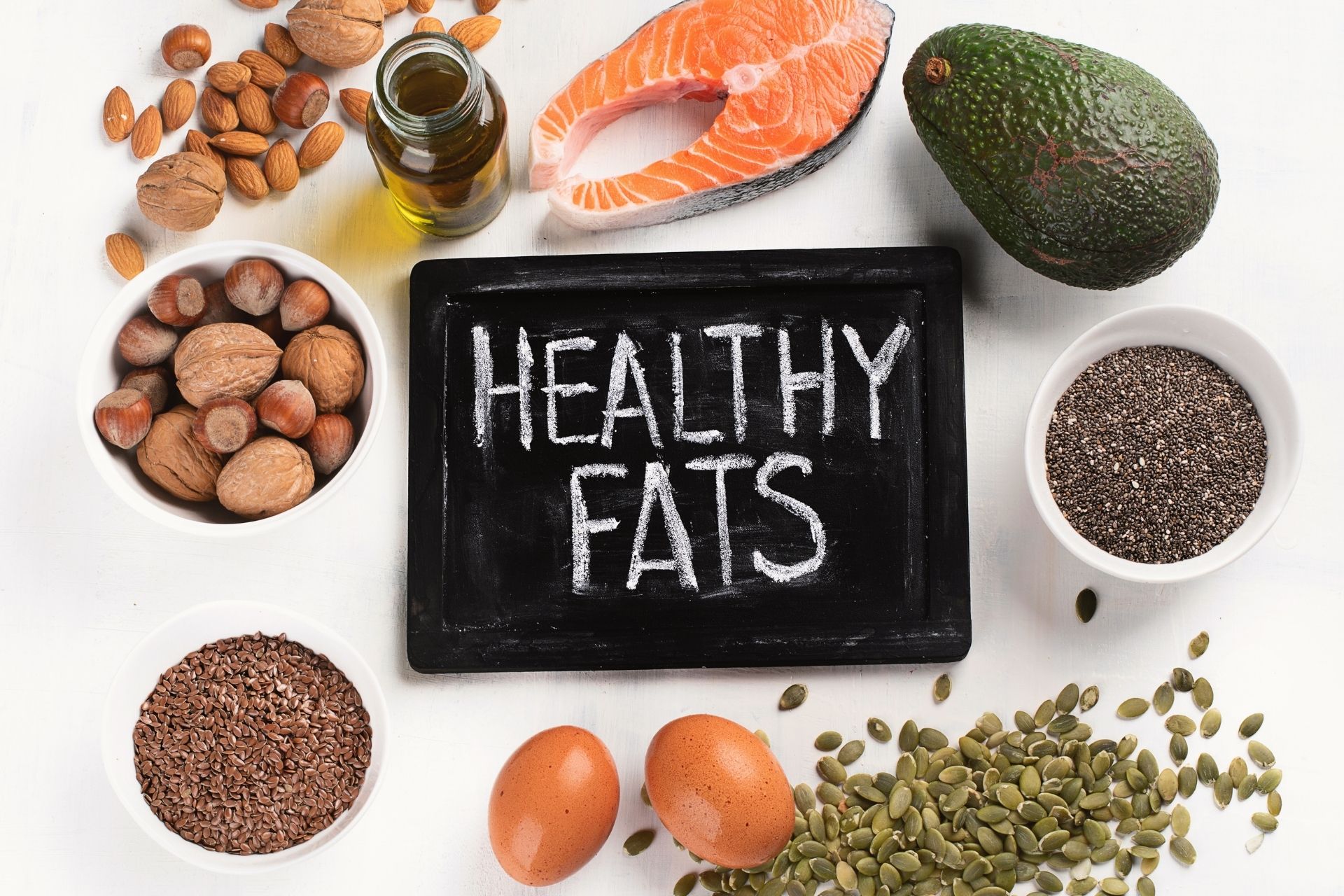
Include sources of healthy fats, like avocados, olive oil, and nuts, for heart health and satiety.
Iron-Rich Foods:
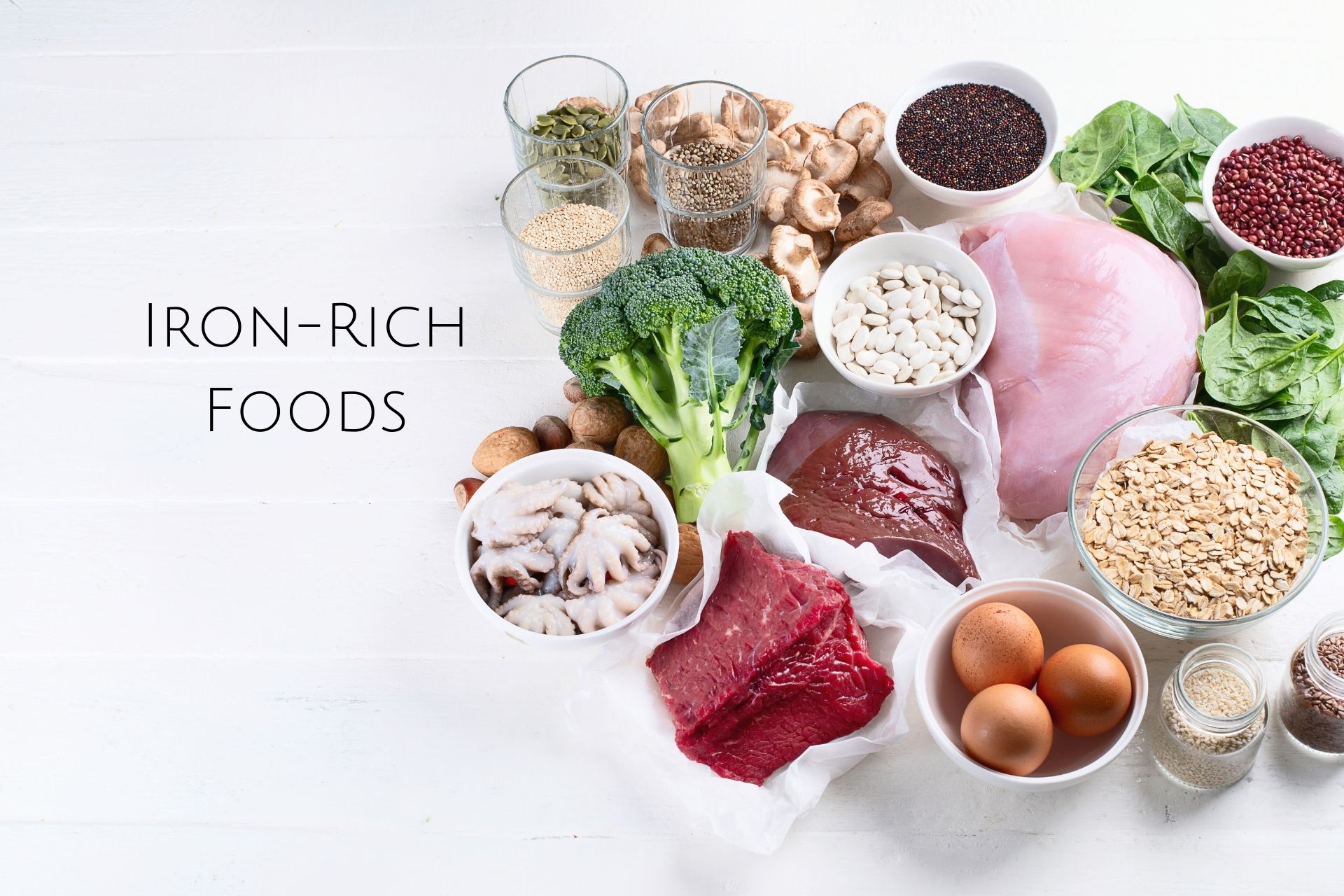
Include iron-rich plant foods like lentils, beans, tofu, and dark leafy greens. Consuming vitamin C-rich foods with iron sources can enhance absorption.
Meal Planning:

Plan balanced meals to ensure you're meeting your nutritional needs. This includes incorporating a mix of protein sources, whole grains, and a variety of vegetables.
Hydration:

Stay well-hydrated by drinking water and incorporating herbal teas.
Health Benefits
Heart Health:
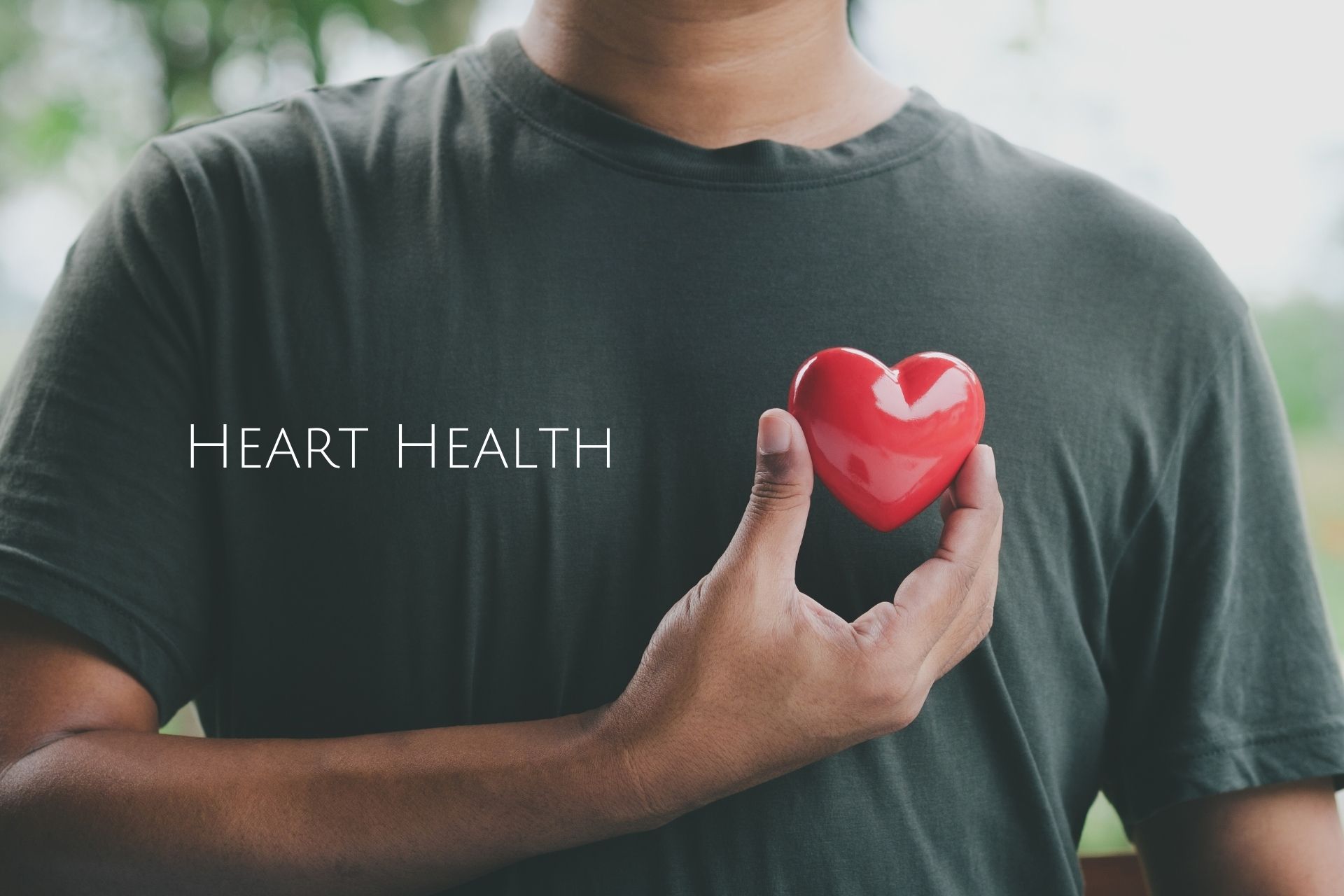
A vegan diet, when well-planned, may contribute to lower levels of cholesterol and blood pressure, reducing the risk of heart disease.
Weight Management:

Some individuals find it easier to manage their weight on a vegan diet, as plant-based foods are often lower in calories and saturated fats.
Type 2 Diabetes:
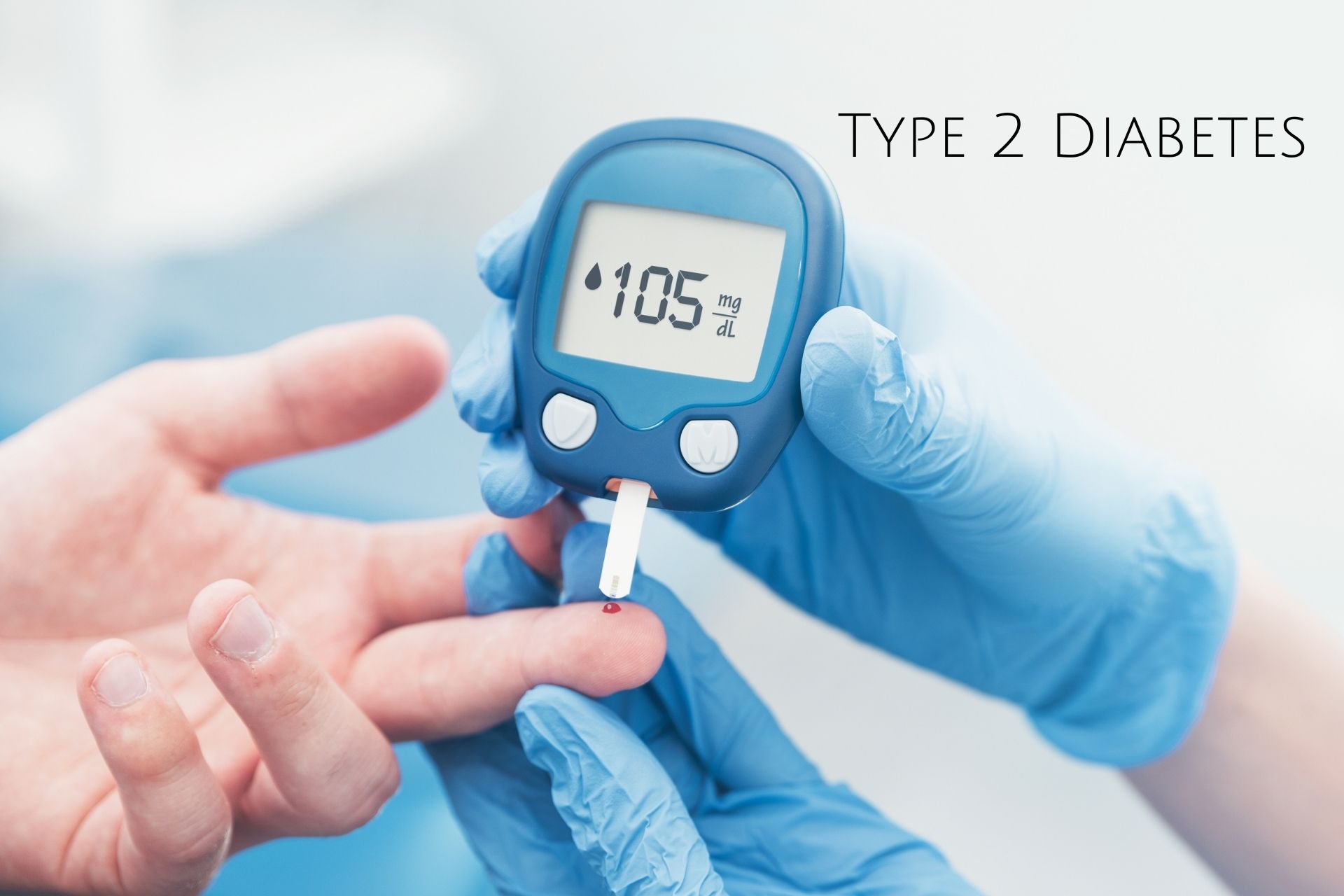
Some studies suggest that a vegan diet may be associated with a lower risk of developing type 2 diabetes.
Nutrient-Rich Diet:
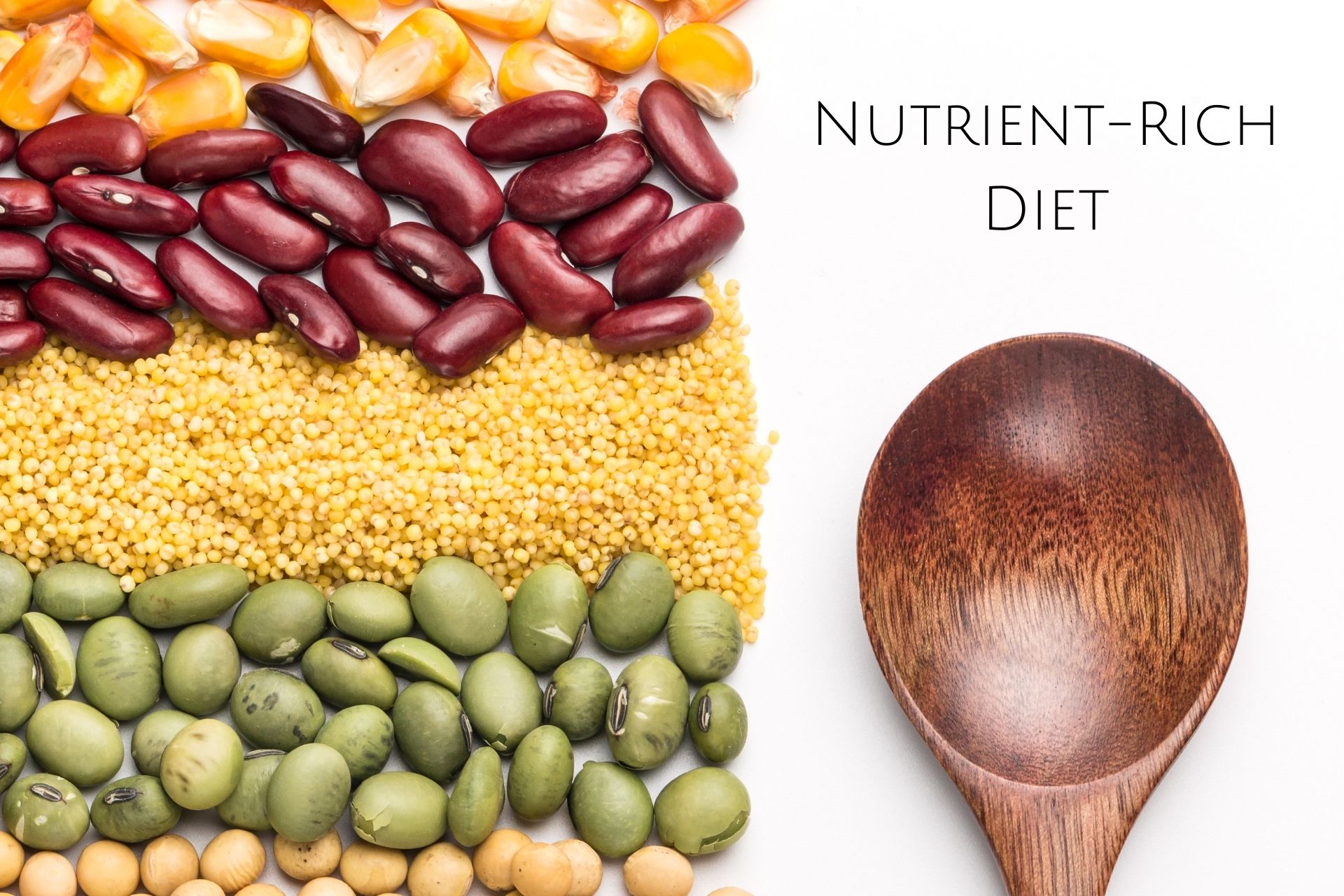
A well-balanced vegan diet can be rich in essential nutrients, including fiber, vitamins, minerals, and antioxidants from fruits, vegetables, nuts, seeds, and whole grains.
Digestive Health:

The high fiber content in plant-based foods supports healthy digestion and may reduce the risk of certain digestive issues.
Reduced Risk of Certain Cancers:

Some studies indicate that a vegan diet may be associated with a lower risk of certain types of cancer, although more research is needed.
Improved Blood Sugar Control:

Some studies suggest that a vegan diet may be beneficial for improving blood sugar control and insulin sensitivity.
Veganism and vegetarianism are both dietary choices that involve avoiding certain animal products, but they differ in the extent of animal products are excluded from the diet.
Vegan vs. vegetarian
Veganism:
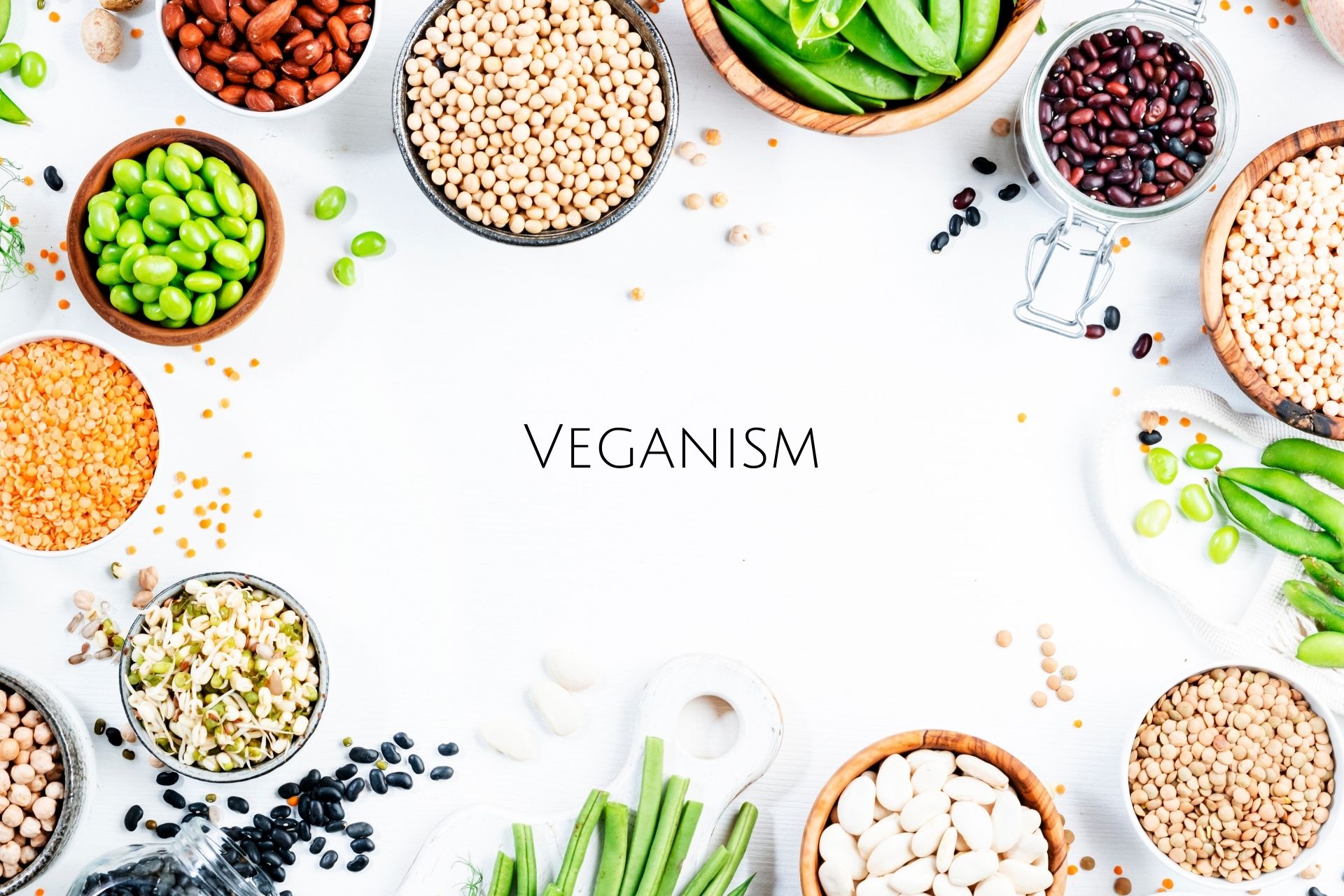
Dietary Exclusion: Vegans exclude all animal products from their diet, including meat, poultry, fish, dairy, eggs, honey, and sometimes even certain additives or processed foods that may contain animal-derived ingredients.
Lifestyle: Veganism often extends beyond diet and is a lifestyle choice that avoids the use of animal products in other areas, such as clothing, cosmetics, and household items.
Ethical Considerations: Many vegans choose this lifestyle for ethical reasons, including concerns about animal welfare, environmental sustainability, and opposition to the exploitation of animals.
Vegetarianism:
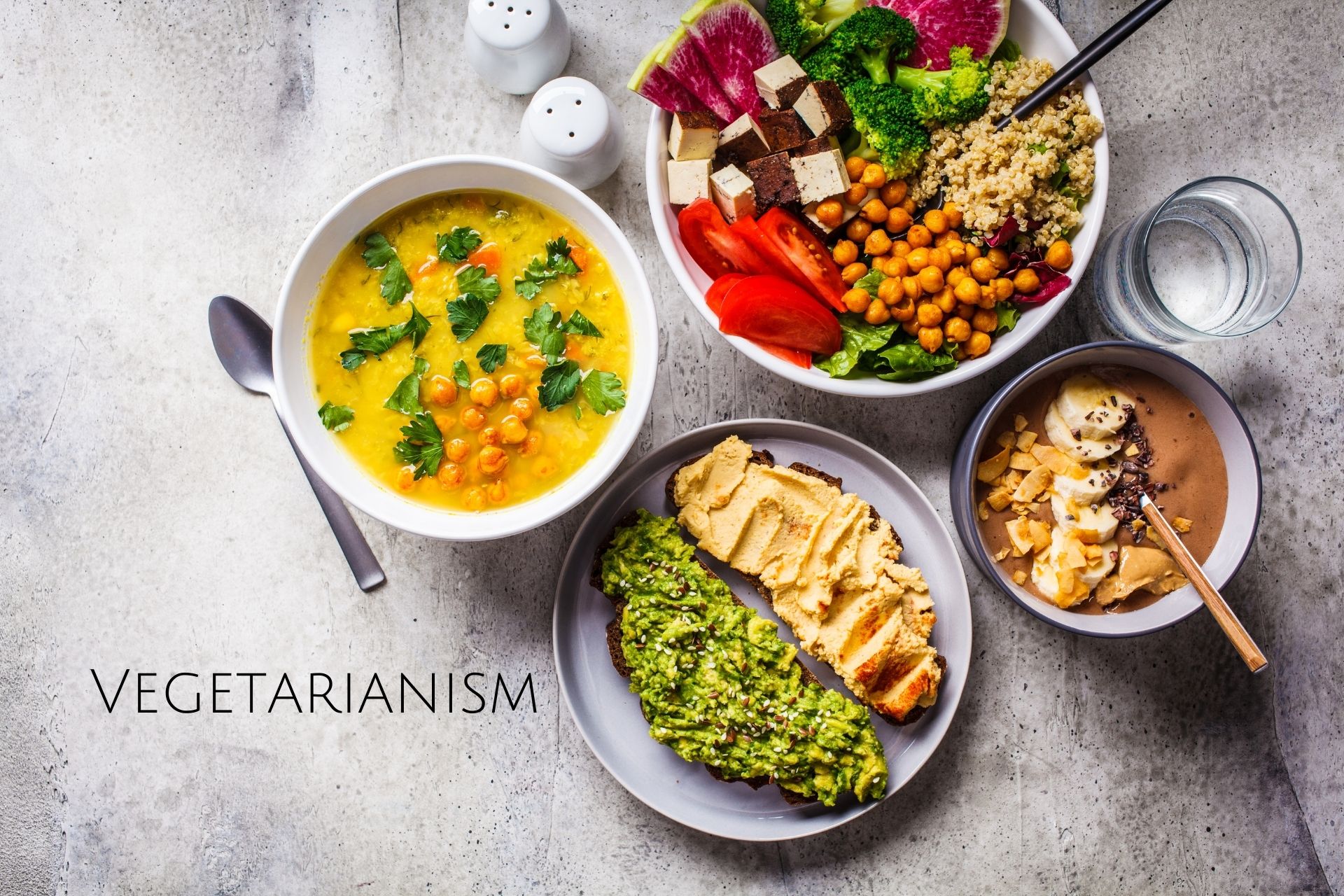
Dietary Exclusion: Vegetarians exclude meat (including red meat, poultry, and fish) from their diet but may still consume other animal products such as dairy and eggs.
Variations: There are different types of vegetarianism, including lacto-vegetarianism (includes dairy but not eggs), ovo-vegetarianism (includes eggs but not dairy), and lacto-ovo vegetarianism (includes both dairy and eggs). Some vegetarians may also include honey in their diet.
Reasons for Choosing: Vegetarians may choose this lifestyle for various reasons, including health considerations, ethical concerns about animal welfare, and environmental sustainability.
In conclusion, individuals who embrace a vegan lifestyle often assert that their dietary choices contribute to better overall health. While scientific research supports certain health benefits associated with a well-planned vegan diet, it is important to recognize that individual experiences and health outcomes may vary. Overall, a well-planned vegan diet can be healthy and nutritious to eat. However, it is important to make sure that you are eating a variety of whole, plant-based foods and getting enough essential nutrients.
Recent Posts
-
The Cerebrovascular disease
Cerebrovascular disease presents a formidable barrier to neurological health, disrupting the blood v
-
Mindful eating practices for stress relief
Introduction:In our fast-paced world, stress lurks around every corner, and often, our first instinc
-
What are pelvic floor muscles?
Pelvic floor muscles often dwell in the shadows of our awareness, yet they play a crucial role in ma

